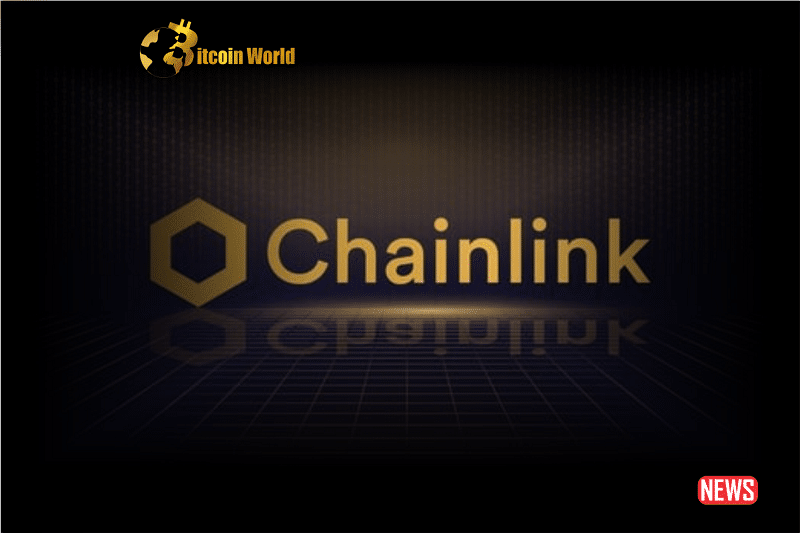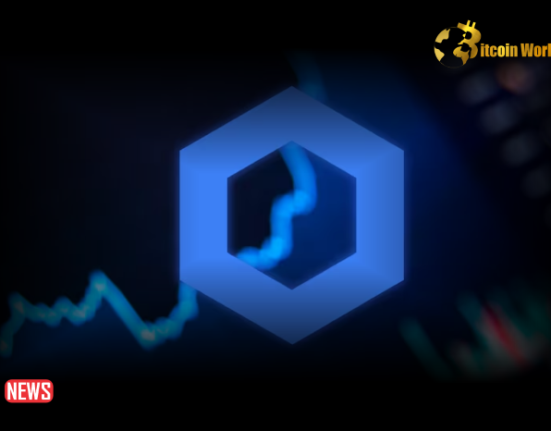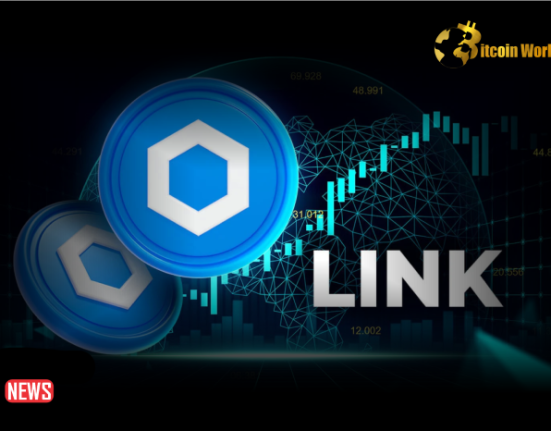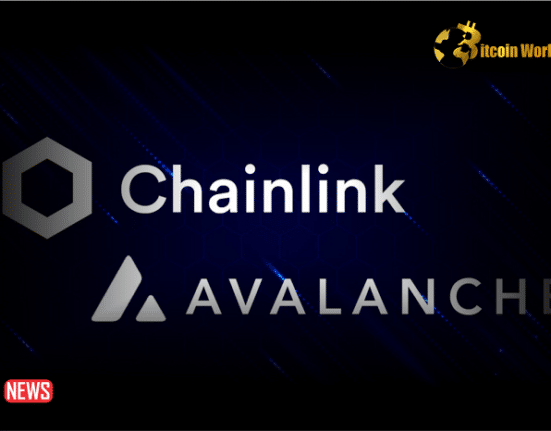Decentralized oracle network, Chainlink, has recently faced criticism over an alteration in its multisig wallet security protocol. Specifically, Chainlink reduced the number of required signatures on its multi-signature wallet from 4-of-9 to 4-of-8. This change requires four out of eight signers to approve a transaction, a safety measure designed to enhance security.
Vocal crypto researcher, Chris Blec, was one among several users on X (previously known as Twitter) who criticized Chainlink’s discreet update. On September 25, Blec used X to spotlight an initial post by an anonymous user. This post indicated that Chainlink had silently removed a wallet address from the multisig configuration without making a formal announcement.
However, in response to the growing concerns, a Chainlink spokesperson informed Cointelegraph that the shift was merely a routine element of their signer rotation procedure. They stated, “The multisignature Gnosis Safes, crucial for Chainlink’s consistent functionality, were updated as part of a regular signer rotation. After this rotation, the Safes continue with their normal threshold settings.”
It’s noteworthy that Blec has consistently criticized Chainlink in the past. He even expressed concerns about the potential risks if Chainlink’s signers decided to act maliciously. He believes that the centralization aspect in Chainlink could pose risks for popular DeFi projects like Aave and MakerDAO, as they depend on Chainlink’s oracles for vital price data.
Chainlink stands as a pioneer in the crypto sphere, enabling Ethereum-based smart contracts to interact securely with real-world data, bridging the gap between blockchain and traditional networks.
Significantly, amidst this backdrop of debates, Chainlink’s native LINK token, priced at $7.20, has seen a robust performance. Over the past month, its value has surged nearly 20%, as per recent price data. This suggests that despite the controversies, the network’s robust performance remains undeterred.














